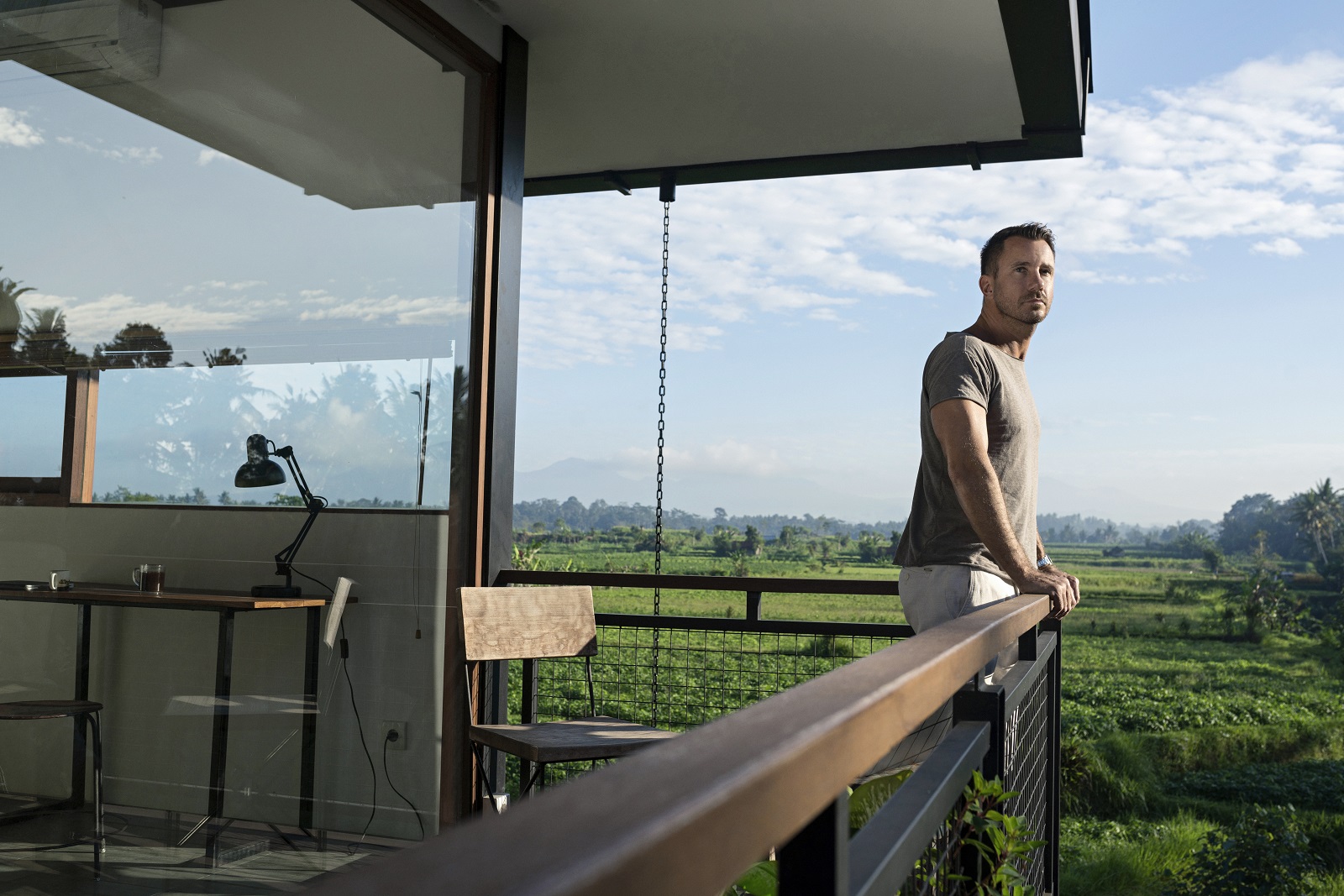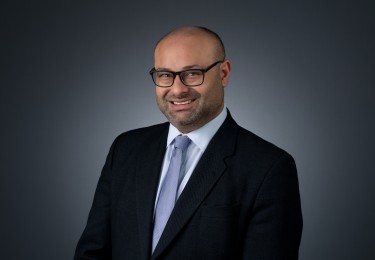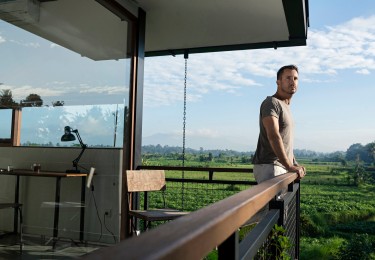
A strong start to 2020
The latest from Mohammad Kamal Syed, head of our asset management team.
2 min read

With the new year well underway, I wanted to give you a quick update on our current market views and latest fund and portfolio performance.
Investment markets have started 2020 positively. US-China trade talks and Brexit are making progress, and the overall economic environment is showing signs of stability.
That said, risks will always be present and markets vulnerable to surprises. For example, 2020 started with geopolitical issues over US-Iran tensions, but markets recovered and the situation appears to have simmered down. Meanwhile, later this year we have arguably the most significant presidential election – in the US – with no clear winner at this early stage.
One thing you can be sure of is that, as long-term investors with a rigorous, data-driven approach, we will continue to keep a close eye on all political and economic developments and position our client portfolios and funds accordingly. We always look through the short-term political noise and always focus on the underlying economic facts.
Positive investment performance at Coutts
The discipline and rigour our investment team applies to its research and decision-making has produced strong results for clients choosing to use our investment services. We have achieved strong, double-digit returns that were ahead of competitors in 2019.
Out of our 12 core strategies, all but two beat the competition and our multi-asset funds had their best year since they were set up in 2012.
The three-year view also paints a positive picture. Again, virtually all returns are double-digit and ahead of peers.
Here are three highlights, all from our core, sterling strategies as at 31 December 2019, and net of fees.
- A typical discretionary sterling balanced portfolio returned 12% in 2019 (peers: 11%), and 16% since 2017 (peers: 13%). Source: Asset Risk Consultants estimate.
- Our UK balanced fund returned 14% last year (peers: 12%) and 17% over three years (peers: 14%). Source: Investment Association
- Within Coutts Invest, accessed via our online investing service, the sterling medium risk fund returned 13% last year (peers: 12%), and 17% over the last three years (peers: 14%). Source: Investment Association.

*Cumulative returns calculated on sterling basis, including fees, charges and income to 31 December, 2019. Discretionary sterling balanced portfolio - calculated based on composite performance, individual portfolio monthly returns are asset-weighted based on their respective asset values at the beginning of the month. Peer group returns provided by Asset Risk Consultants (ARC); end-December data represents ARC estimate. Coutts Invest (medium risk fund) and Coutts Multi-Asset Fund – performance compared to Investment Association 20-60% Shares peer group sector. Sources: Coutts & Co, ARC, IA, Morningstar, Eikon/Datastream, January 2020
These charts show a very isolated period of past performance. For further context of historic performance over the last five years, please refer to the table below. Past performance should not be taken as a guide to future performance. The value of investments, and the income from them, can go down as well as up, and you may not recover the amount of your original investment.
Become A Client
When you become a client of Coutts, you will be part of an exclusive network.
“The discipline and rigour our investment team applies to its research and decision-making has produced strong results for clients choosing to use our investment services.”
How we added value in 2019
Adding to bonds in the first half of 2019. As the year began, we saw unsteady times ahead for stock markets because of the trade war and Brexit. Government bonds tend to do better than shares in uncertain times and this move helped preserve our clients’ investments.
Holding our nerve through recession fears. In March, some economic indicators pointed to a US recession. But our own analysis suggested a recession was unlikely in the short term, so we didn’t over-react. Subsequently, we saw the economic picture improve, corroborating our analysis.
Buying more domestic UK stocks. We bought shares in UK companies that are more domestically focused, rather than those that have significant international exposure. As the possibility of a no-deal Brexit diminished, prices rose, which had a positive impact on our client portfolios and funds.
I am very proud that our investment team and the process we follow helped our clients preserve and grow their wealth last year. And with the scene set for potential economic expansion and possible opportunities arising from geopolitical risk, we stand ready for the year ahead.
If you would like to talk to us about investing with Coutts, speak to your private banker or wealth manager, or call Coutts 24 on +44 (0) 20 7957 2424.
Kind regards
Mohammad Kamal Syed
Head of Asset Management
When investing, past performance should not be taken as a guide to future performance. The value of investments, and the income from them, can go down as well as up and you may not recover the amount of your original investment.
| Coutts investment performance | |||||||
| 12-month performance to end of last quarter | |||||||
| 2019 | Annualised since inception* | Dec 14 – Dec 15 | Dec 15 – Dec 16 | Dec 16 – Dec 17 | Dec 17 – Dec 18 | Dec 18 – Dec 19 | |
| Coutts Multi-Asset Fund UK balanced | 14.4 | 6.1 | -0.4 | 11.8 | 9.5 | -7.0 | 14.4 |
| Discretionary sterling balanced portfolio | 12.4 | 4.8 | 1.3 | 12.2 | 9.1 | -5.1 | 12.4 |
| Coutts Invest (medium risk fund) | 13.1 | 8.4 | n/a | n/a | 8.5 | -4.4 | 13.1 |
Numbers shown are percentages. Data as at 31 December 2019. Source: Coutts. All returns in sterling, net of fees.
* Coutts Multi-Asset Fund UK balanced inception date: 14/11/2012
**Discretionary sterling balanced portfolio inception date: 31/12/2006
***Coutts Invest (medium risk fund) inception date: 1/6/2016
When investing, past performance should not be taken as a guide to future performance. The value of investments, and the income from them, can go down as well as up and you may not recover the amount of your original investment.












